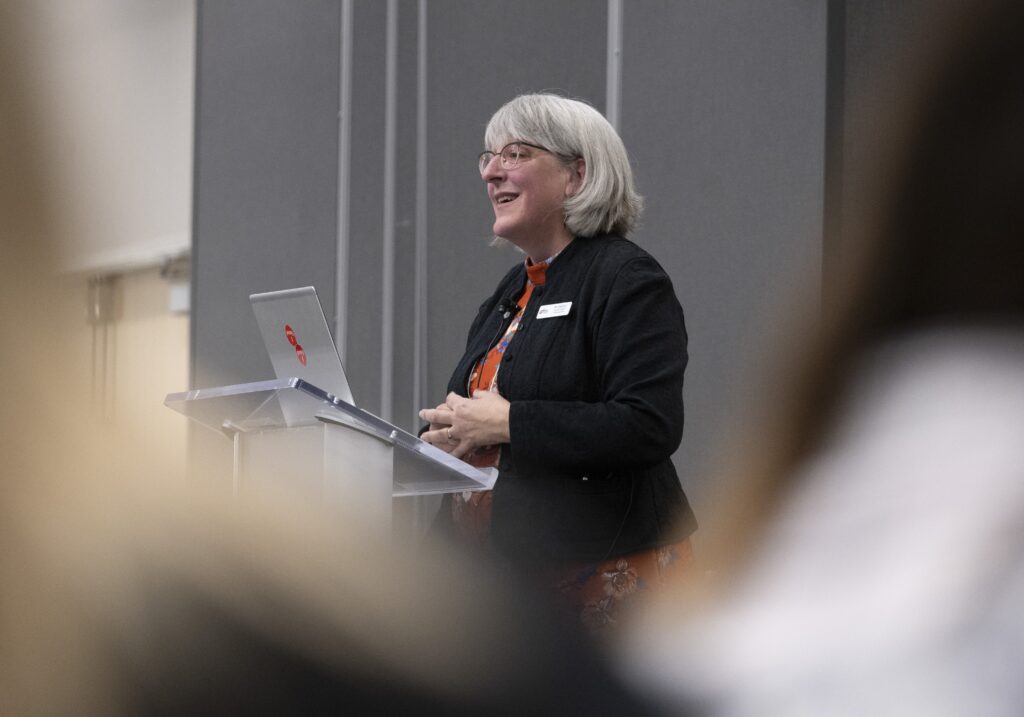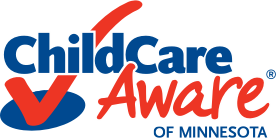Reflections from Ann McCully

As I approach retirement on May 1, I have had an opportunity to reflect deeply on what I have learned about this field over the past 23 years, how far we have come, and the work that lies ahead.
I truly respect and admire those who work in child care and have been glad to see a growing recognition of the importance of this work to the brain development of young children, the economic impact of quality care, both long and short term, and the important role child care plays in supporting our society.
I pride myself on being an advocate for those who work in all types of child care settings and for the infrastructure support needed to make this field successful. We are an ecosystem of interwoven individuals, organizations, and agencies that must work together to achieve the goal of equitable access to child care for all Minnesota children. The more we can work together (and not split into factions), the stronger we have been and can be.
I have also been proud to center our agency efforts around DEI and anti-racism. These are charged words in this current climate, but I will never regret our decision to enter deeply into this work. Until and unless systems and services provide true access and opportunity to all the children and families that need child care, we will not achieve our mission.
I am also proud of the growing recognition of the value of child care by policymakers and appreciate all of you who have stepped up to serve as advocates over the years despite your discomfort and fears. While advocacy can feel like two steps forward or two steps back at times, at least policymakers are no longer discussing whether to invest government funds in child care but how to invest and, increasingly, how much to invest.
Resources like the “Great Start for All Minnesota Children” recommendations have given us a tremendous transformational blueprint for this work that recognizes the need to support families, ensure quality, and lift up and sustain the early childhood workforce.
As an illustration of our collective progress, I reviewed some policy statements from a 2003 report and considered how far we have come in the last 22 years. In 2003, there was concern that Minnesota had no consensus on a statewide vision for early childhood education, little coordination among state agencies, few identified champions among community leaders, and a lack of legislative prioritization of child care. Since then, we have made significant progress in all of these areas!
However, many challenges remain.
- The child care system still depends on a broken model that puts most of the burden on parents to pay and forces child care programs to absorb the true cost.
- Our early childhood workforce is still greatly underpaid.
- Despite policymakers’ willingness to consider public investment, we have not yet reached the point at which child care is fully accepted as a “public good” and funded sustainably and reliably.
While I am stepping away to do all the things one does in retirement, this field and the people I have worked with over the years will always have a place in my heart. I will remain your biggest fan as you move forward into whatever the next 20 years will bring. It has been an honor and a privilege to serve you as the Executive Director of Child Care Aware of Minnesota.
Ann McCully
